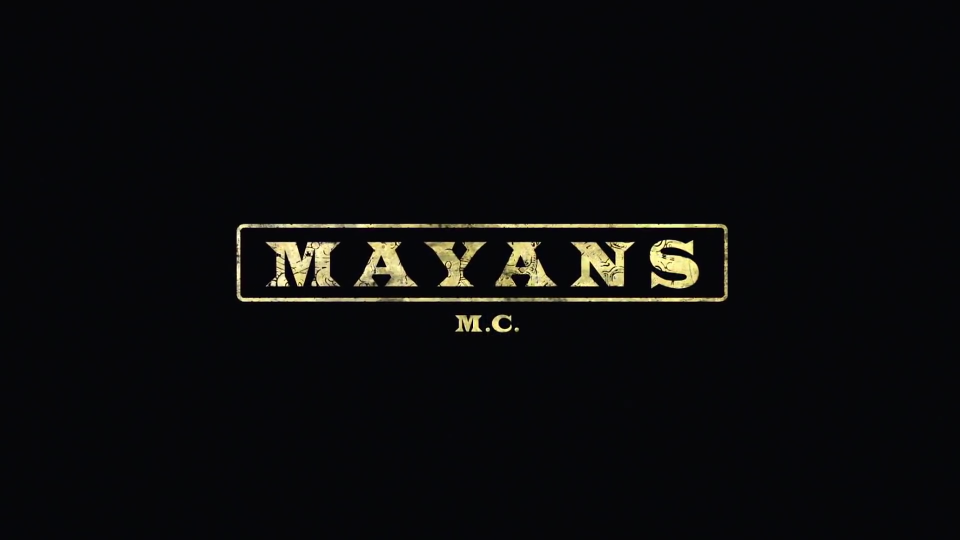
FX’s Mayans M.C. is a drama series showcasing a world of guns and drugs around a biker gang in SoCal, right at the US-Mexican border. Can a setting riddled with stereotypes present a backdrop for desirable representation with its principally Mexican American (Chicano) characters? Let’s look beyond the basic premise and find out how Mayans M.C., for all its machismo, tells tales full of life seldom featured, off- as well as on-screen.
Sons of Anarchy is one of those rare shows that boasts many seasons, seven to be exact, and yet carries its narrative arcs through all of them, up to its dramatic conclusion. It leaves the viewer with a serious series hangover – but in all the right ways. Not bad for a show that’s predominantly white guys cursing. And drinking. And shooting.
No question, mixing insights into the mysterious cosmos around motorcycle clubs with a whole lot of drama and a pinch of social criticism makes for a potent recipe. Spin-off Mayans M.C. has all that and adds extra flavor by moving away from the default white main cast toward a Chicano one. This feels completely natural but still doesn’t happen nearly enough to even come close to a realistic representation of U.S. demographics. Who’s behind the scenes, telling these impactful stories, is just as meaningful.
Especially as Mayans M.C. takes on issues of criminality such as drug trade and gang wars, it’s important to look further than heroic action scenes. The starting point, as showrunner Elgin James – who went through foster care, gang membership, and prison as a mixed-race person himself – puts it, is “finally getting to tell these stories from the inside out.”
Mayans M.C. aims for diverse, sophisticated perspectives throughout the production and expresses this ideal in its poetic episode titles, which are echoed by main character Ezekiel “EZ” Reyes’ love for (Hispanic) literature. Also, it manifests in the show’s intros: In seasons 3 and 4, it’s a collage of original clips and photos documenting de-facto segregation between whites and Chicanos people in U.S. history. And in seasons 1 and 2, intro song Nunca by David Hidalgo and Los Refugios Tiernos confronts us with the enduring bigotry of the American Dream from the get-go. (It’s a banger, too, and inspired the article title.) Most importantly, though, the personal stories and complex inner lives of the many characters relate to a world that’s literally not black-and-white.
Mayans M.C. thankfully isn’t the only blockbuster in Mexican American TV representation, nor is it necessarily exceptional in its execution. Yet, it cannot be overstated just how significant it is to see such a grand production making its mark precisely where it does: Smack-dab in the middle of mainstream action-drama TV.
3,633 Total Views, 4 Views Today






